Unlike traditional cleaning, biohazard cleaning tackles the daunting challenge of removing potentially harmful biological contaminants—the unsettling remnants at a crime scene, the aftermath of a chemical spill, or locations tainted with dangerous pathogens.
With its multifaceted urban landscapes and steadfast dedication to public health and safety, the UK finds itself in growing need of these specialised services.
This trend isn’t merely a reactive response to unforeseen events; it’s a proactive step towards acknowledging and addressing the intricacies of maintaining genuinely safe and hazard-free spaces in our evolving society.
Wondering how to open a cleaning company dealing with biohazardous waste? You’re in the right place.
In this article, we’ll cover the foundational aspects of the biohazard cleaning industry. Join us to learn how to set up cleaning businesses in this niche!
Understand the Scope of Biohazard Cleaning
Biohazards refer to biological agents or substances that can potentially harm human health. These dangers are vast and varied, encompassing:
- Bodily Fluids: This includes blood, semen, saliva, and other body fluids, often encountered in crime scenes or accidents.
- Chemical Spills: Industrial or laboratory accidents might release hazardous chemicals, which can have immediate and long-term health effects.
- Microbial Contaminant: Sites exposed to harmful bacteria, viruses, or fungi, which might not be visible to the naked eye but can cause severe illnesses.
Regular Cleaning Vs. Biohazard Cleaning
While regular cleaning focuses on removing dirt, stains, and general clutter, biohazard cleaning involves a more intricate process. It’s about identifying, neutralising, and safely disposing of materials that might harm people if left unattended.
Unlike the general surface cleaning we might do in our homes, biohazard cleaning often requires specialised equipment, chemicals, and training to ensure that spaces are genuinely safe and that no residual hazards remain.
The Importance of Proper Handling and Disposal
Addressing biohazards isn’t merely about cleaning but containment and prevention. Improper handling can lead to the spread of contaminants, amplifying the risk.
Hence, the emphasis is on ensuring that these hazards are cleaned and properly disposed of to prevent any further environmental or health risks. It underscores the idea that in biohazard cleaning, the end goal isn’t just a clean space but a safe one.
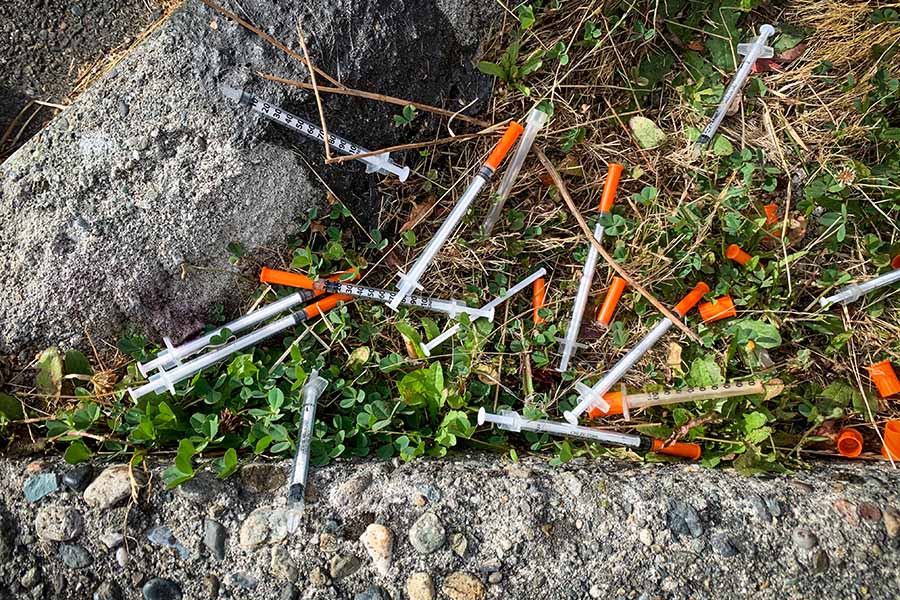
Necessary Qualifications and Training
When setting up a cleaning business dealing with biohazardous material, you must be equipped with more than just a desire to cleanse. It demands comprehensive knowledge, hands-on skills, and a deep understanding of the intricacies involved. Here’s where formal training and qualifications play an indispensable role.
So where can you get this training from? The Ultima Cleaning Academy is great place to start. Dedicated to fostering the next generation of cleaning professionals, this institution offers specialised in-person and online training courses to meet the unique demands of biohazard cleaning.
The academy’s curriculum is designed to provide theoretical knowledge and instil the practical skills necessary to handle real-world challenges.
Ultima Cleaning Academy covers all the essentials, from understanding how to start cleaning businesses to providing a breakdown of the technical expertise needed.
The Importance of Continuous Training and Staying Updated
The world of biohazards is ever-evolving, with new challenges and risks emerging continuously.
As such, it’s not enough to rely on foundational training alone. Continuous education is paramount. To ensure they are always prepared, professionals must stay abreast of the latest techniques, equipment, and industry best practices.
Regular training sessions, workshops, and refresher courses are pivotal in ensuring that biohazard cleaning professionals remain at the forefront of their industry.
Certifications and Recognitions in the UK
Specific standards and regulations govern the biohazard cleaning industry in the UK. Having the proper certifications attests to a professional’s competence and ensures adherence to national standards.
Recognition from reputed institutions and bodies can bolster a professional’s credibility while signifying their commitment to maintaining the highest service quality.
Professionals should diligently seek out and maintain these certifications to underscore their dedication to excellence and safety.
Legal and Licensing Requirements
Entering the domain of biohazard cleaning isn’t just about skill and knowledge; it’s also about ensuring that your business aligns with the legal and regulatory landscape.
Operating a biohazard cleaning business in the UK requires securing the appropriate licenses. These licenses demonstrate that a company has met the requisite standards and operates within the established legal parameters.
Various permits might be needed depending on specific services, such as hazardous waste handling, transportation, or disposal.
It’s crucial to liaise with local councils and environmental agencies to understand and obtain the necessary permissions before starting operations.
The nature of biohazard cleaning involves potential health risks, which means that there are specific health and safety regulations that businesses must adhere to.
These regulations encompass everything from proper equipment usage and safe disposal methods to protocols that minimise the risk of cross-contamination.
The UK’s Health and Safety Executive (HSE) provides comprehensive guidelines, and businesses need to familiarise themselves with these to ensure they maintain a safe working environment and protect their employees and the public.
The Importance of Insurance
Given the inherent risks associated with biohazard cleaning, insurance isn’t just an afterthought—it’s a necessity.
A comprehensive insurance policy can protect businesses from potential liabilities, be it accidents, mishandling, or unforeseen damages during cleaning.
When considering insurance, consider:
- The Coverage Depth: Ensure the policy covers all potential risks associated with biohazard cleaning, from employee accidents to client property damages.
- The Claim Process: Understand the claim process to ensure that the business can quickly recover and resume operations in the event of an incident.
- Periodic Reviews: As the business grows and diversifies its services, insurance needs might change. Regularly reviewing and updating the policy is essential.
Equipment and Supplies
The tools of the trade – the equipment and supplies – play a pivotal role in ensuring that the job is done effectively, safely, and in compliance with regulations.
Having the proper arsenal can make the difference between a job well done and potential hazards.
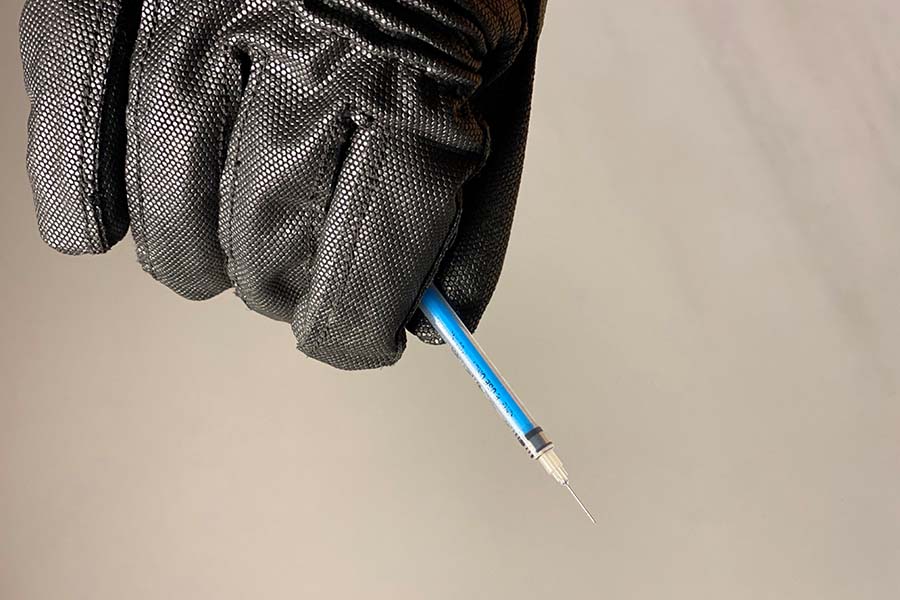
Essential Equipment for Biohazard Cleaning
- Protective Suits: Full-body suits ensure no part of the cleaner’s body is directly exposed to biohazards. These PPE suits are typically impermeable, preventing any liquids or contaminants from making contact with the skin.
- Respirators: Given that some biohazards can be airborne or emanate harmful fumes, respirators are crucial. They filter out harmful particles, ensuring the cleaner breathes safe air.
- Protective Eyewear and Face Shields: These prevent splashes or sprays from contacting the eyes or face.
- Gloves: Specialised, often puncture-resistant gloves ensure safe handling of sharp objects and protect hands from direct contact with biohazards.
- Disposal Bags and Containers: Specially marked and constructed bags and containers ensure safe containment and transportation of biohazardous materials.
Proper Storage and Transportation of Biohazardous Waste
Once collected, biohazardous waste can’t simply be thrown into standard bins. They require:
- Sealed Containers: Biohazardous waste should be stored in sturdy and sealed containers to prevent leaks or spills.
- Labelling: Properly marked containers ensure that those handling them know the contents and exercise necessary caution.
- Specialised Vehicles: When transporting biohazardous waste, specialised vehicles equipped to handle such waste without risk of spillage or contamination are crucial.
In biohazard cleaning, cutting corners isn’t an option. Investing in high-quality equipment isn’t just about efficiency but also safety.
High-grade tools and materials reduce the risk of accidents, ensure thorough cleaning, and last longer, offering better value in the long run.
Additionally, quality equipment instils confidence in clients, ensuring that the cleaning process adheres to the highest standards.
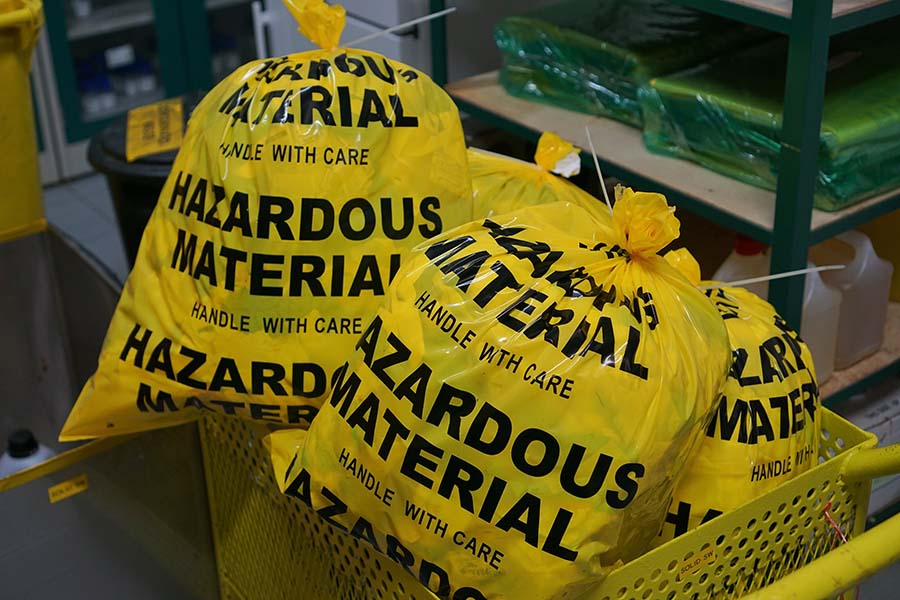
Marketing and Branding Your Business
The nature of biohazard cleaning, which hinges on trust, expertise, and reliability, calls for a bespoke approach to outreach and brand establishment.
Here’s how you can build trust with a professional online presence and client testimonials:
- Digital Visibility: Today, many clients initiate their search for services online. A well-designed, user-friendly, and informative website serves as your business’s virtual storefront, offering potential clients insight into your services, professionalism, and reliability.
- Social Media and SEO: Actively engaging on platforms like LinkedIn, Twitter, Facebook, and Instagram helps in showcasing your expertise, sharing industry updates, and connecting with potential clients. Concurrently, investing in Search Engine Optimisation ensures your business is prominently displayed in local searches, making you more accessible to those needing biohazard cleaning services.
- Client Feedback: Authentic reviews and testimonials serve as potent trust signals. When potential customers see positive feedback from others who have availed of your services, it significantly boosts your credibility.
- Case Studies: More than just positive words, detailed case studies provide a comprehensive look into specific projects you’ve undertaken. These narratives, discussing challenges faced and solutions provided, underscore your expertise and results-driven approach.

Niche Marketing Strategies Suitable for the Biohazard Cleaning Industry
- Educational Webinars and Workshops: Hosting educational sessions on biohazard cleaning essentials, safety standards, and other relevant topics not only positions you as an authority in the field but also attracts a dedicated, niche audience.
- Collaborative Partnerships: Aligning with local businesses, healthcare departments, and emergency services can bolster your market position, facilitating direct referrals and enhancing community trust.
- Content Marketing: Regularly publishing insightful articles or blogs on industry trends, safety protocols, and biohazard cleaning nuances can organically steer traffic to your website, making you a go-to resource in the domain.
- Targeted Advertising: Utilising online ad platforms to zero in on specific demographics, like property managers or healthcare establishments, can refine your outreach, resulting in higher engagement and conversions.
Building a Team
The success of a biohazard cleaning business doesn’t solely rest on equipment or marketing strategies; it’s significantly determined by the strength and competency of its team.
Building a cohesive, skilled, and dedicated team is paramount. As this industry revolves around safety, precision, and trustworthiness, each team member plays a pivotal role in upholding these standards and ensuring the company’s reputation remains intact.
Hiring Trained Professionals vs. Training In-house Staff
Hiring individuals already versed in biohazard cleaning can significantly reduce the initial training time and ensure that operations run smoothly. Experienced professionals can bring industry insights, best practices, and even clientele or partnerships to the business.
On the other hand, hiring novices and providing in-house training allows businesses to mould staff according to their specific standards and protocols.
It ensures a standardised approach across the board and can foster loyalty, as employees often value and commit to companies that invest in their growth and development.
The Importance of Team Safety and Regular Health Check-ups
In an industry where employees are routinely exposed to potential health risks, prioritising their safety is non-negotiable.
Regular health check-ups should be mandated to ensure no team member has been inadvertently exposed to harmful agents. These check-ups safeguard the employees’ health and act as a preventative measure, ensuring that one affected individual doesn’t unknowingly pose risks to others.
Prioritising health also underscores the company’s commitment to its team, boosting morale and job satisfaction.
Continuous Training and Professional Development Opportunities
The field of biohazard cleaning is ever-evolving, with new equipment, techniques, and safety protocols emerging regularly. Continuous training sessions ensure the team remains updated, efficient, and compliant with industry standards.
Offering professional development opportunities can also aid in retaining talent. Workshops, certification courses, or even attending industry conferences can enrich your team’s knowledge and skills.
It elevates the quality of service provided and fosters a culture of growth and ambition within the company.
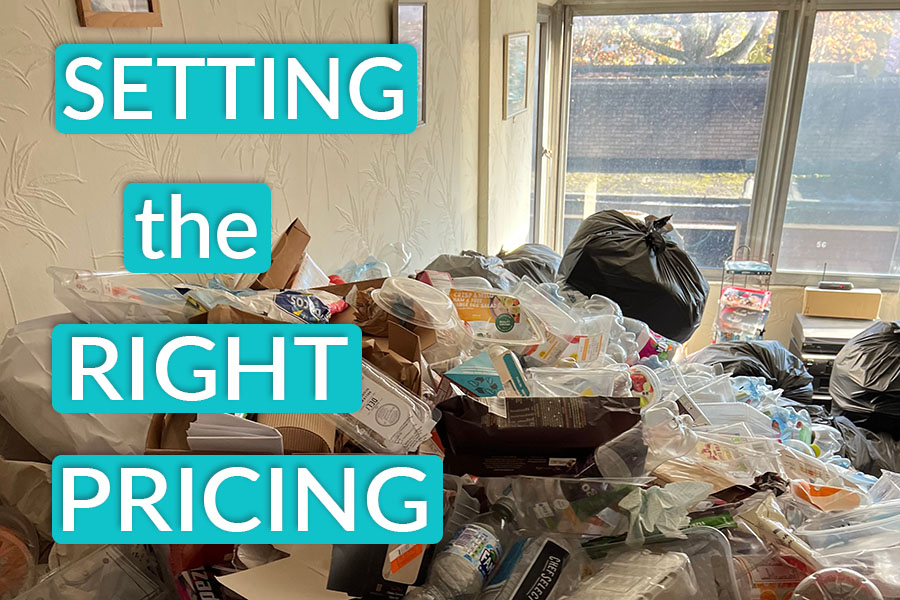
Setting the Right Pricing
Determining the appropriate pricing structure can be a delicate balancing act, especially in a competitive market. Here are some factors to consider when pricing services:
- Operational Costs: This encompasses everything from equipment, supplies, and labour costs to overheads like rent, utilities, and insurance. Understanding your expenses is the foundation for setting prices that ensure profitability.
- Market Research: It’s crucial to gauge the going rates for similar services in your region. You can position your business competitively by understanding what competitors charge and the range of services they offer for those prices.
- Value Proposition: Are you offering something unique, be it in terms of service, speed, safety protocols, or any other differentiator? Such value additions can justify higher pricing tiers.
- Clientele: Catering to commercial establishments might warrant different pricing than residential services. Understand your target market’s willingness and capacity to pay.
While tempting to undercut competitors for quick client acquisition, it’s essential to avoid compromising service quality. Instead, companies should emphasise the value they offer, from utilising top-tier equipment to employing certified professionals.
Transparent pricing, devoid of hidden charges, fosters client trust. The focus should be on delivering value and building trust rather than merely slashing prices.
Offering packages or tailored services provides flexibility in meeting diverse client needs. Businesses can enhance efficiency and simplify client choices by creating bundled deals for commonly requested services.
Meanwhile, custom quotes cater to unique or extensive tasks, ensuring accurate and fair pricing. Loyalty discounts or long-term contracts can further incentivise repeat business, establishing a foundation for sustained client relationships.
Networking and Building Partnerships
Establishing a solid network and forging strategic partnerships can be crucial when starting up a cleaning business.
Collaborations with local businesses, emergency services, and public health departments not only expand the reach of a cleaning business but also position it as an integral part of the community’s safety and health ecosystem.
By joining industry associations and participating in relevant conferences, businesses can stay abreast of the latest trends, techniques, and best practices while cultivating relationships with peers and potential clients.
Furthermore, in such a niche industry, the power of word-of-mouth cannot be overstated. Positive referrals from satisfied clients or trusted partners can significantly bolster a company’s reputation and clientele. Proactive networking and genuine partnerships can lead to sustained growth, trust-building, and a prominent place within the industry community.
Final Thoughts
Embarking on a journey to establish a successful biohazard cleaning business in the UK involves a comprehensive understanding of the industry’s nuances, from grasping the scope of biohazard cleaning to mastering the art of setting the correct prices.
But at the heart of it all lies an unwavering commitment to quality service. Delivering exceptional, reliable, and safe cleaning solutions ensures client satisfaction and cements a business’s reputation in this niche sector.
Are you ready to distinguish yourself in the world of biohazard cleaning?
Dive into a reservoir of knowledge and hands-on training with Ultima Cleaning Academy. Explore our wide array of training opportunities, reach out for more information, and embark on a path to excellence today. Your journey to becoming an industry frontrunner starts here.
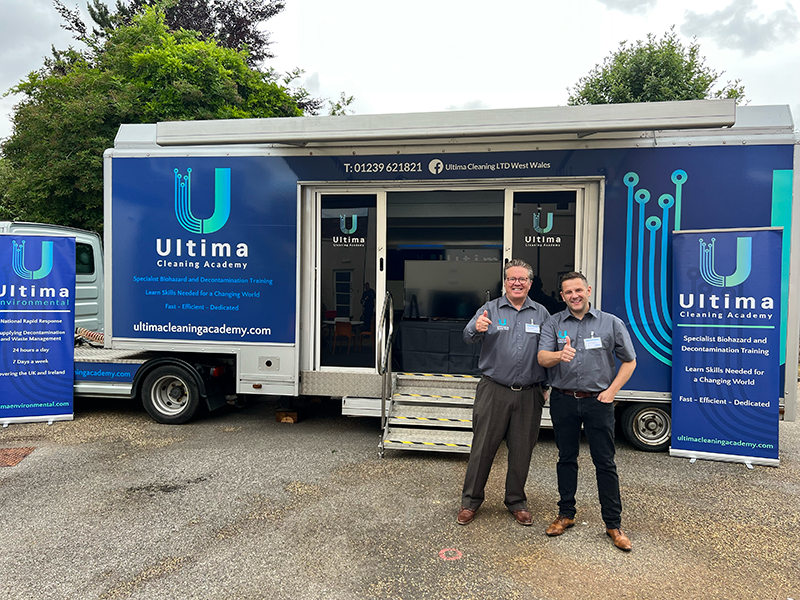
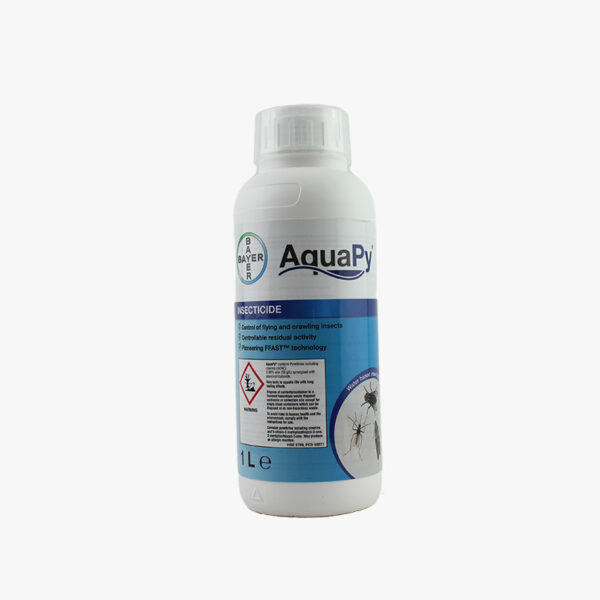
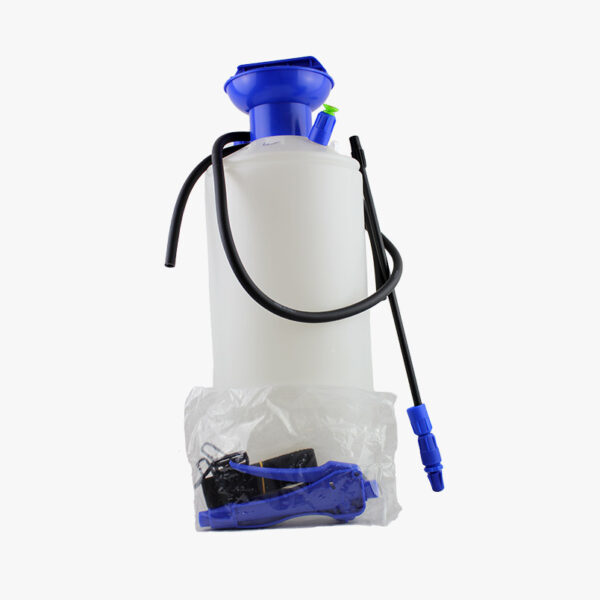
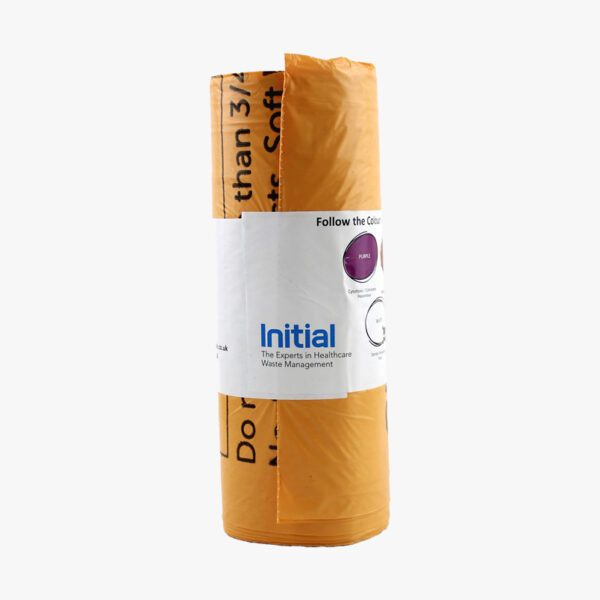

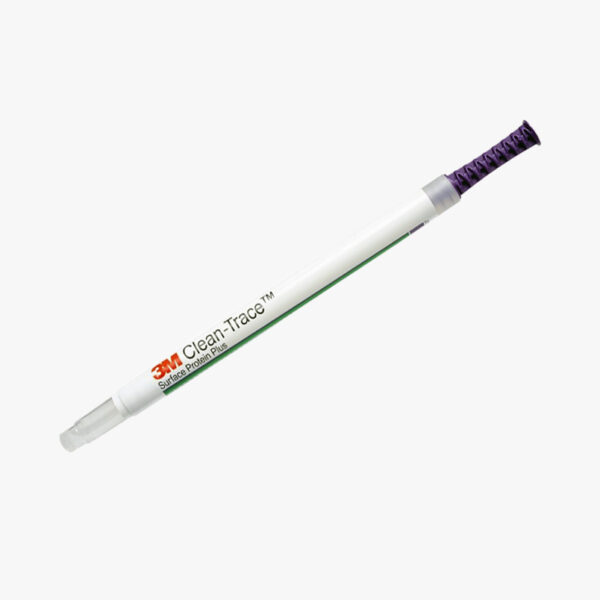
Interested in taking the course in the new year. Do you have any idea when courses will be and pricing etc?
Thank you for reaching out to us, Mark! We are in the process of finalising our course dates for 2024, and as soon as they are confirmed, we will be sure to contact you if you’d like. The pricing will remain the same as it was for this year. We look forward to welcoming you soon!